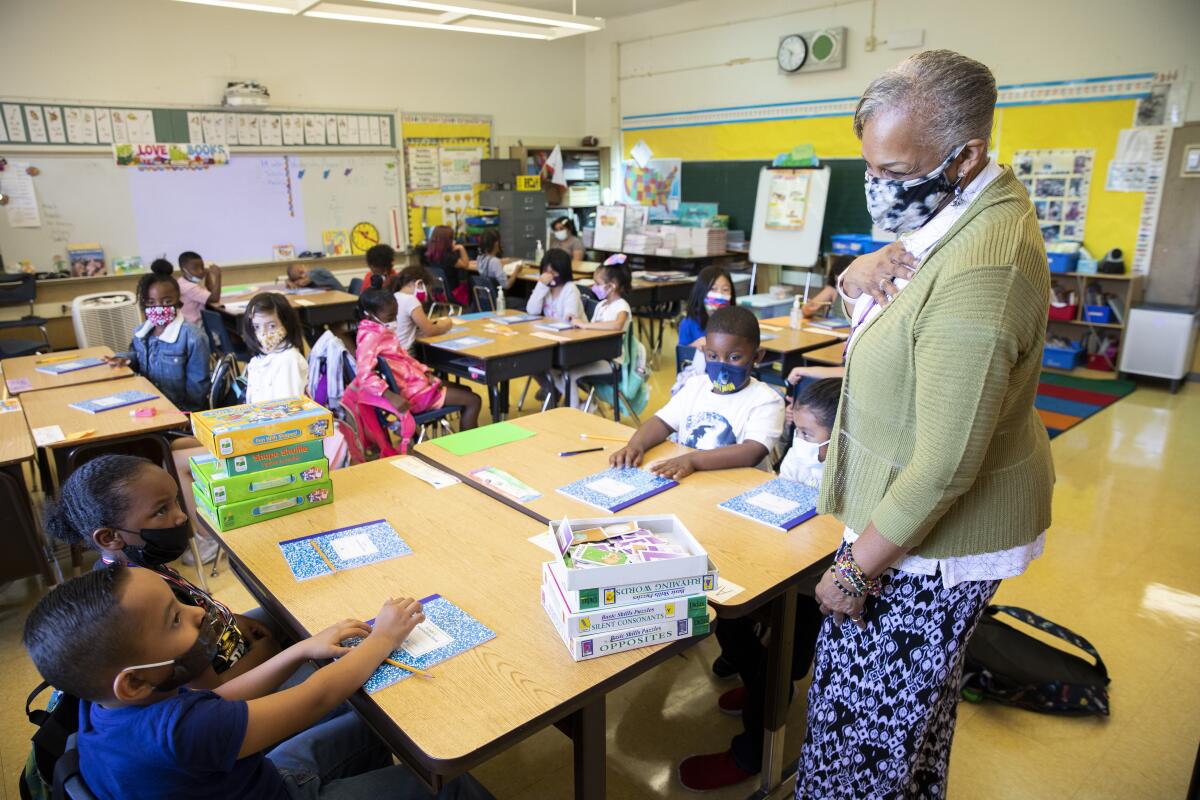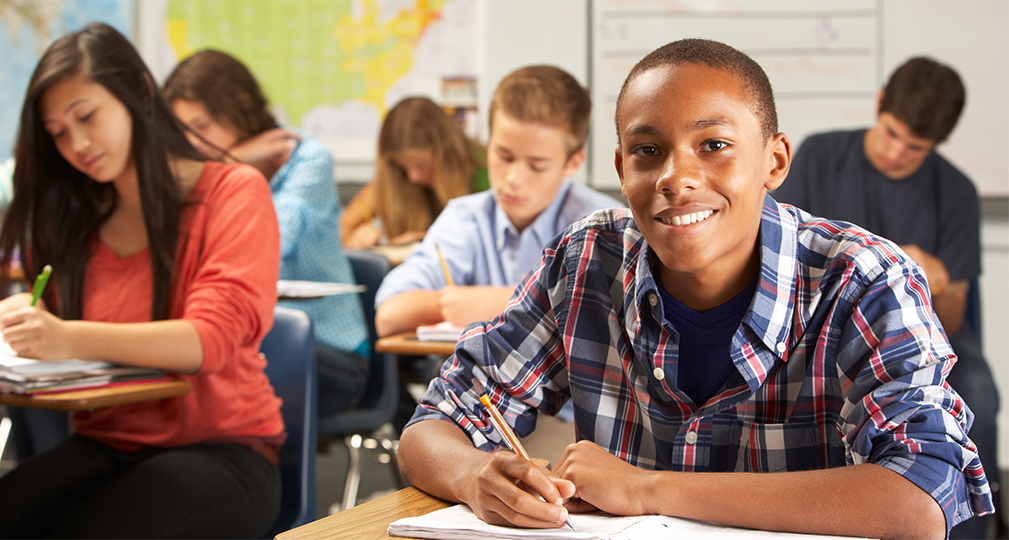Exactly How You Can Help Save Temecula Schools for Future Generations
Exactly How You Can Help Save Temecula Schools for Future Generations
Blog Article
Understanding the Relevance of Colleges in Child Development and Community Development
Colleges' engagement with regional neighborhoods via service-learning efforts reinforces the bond in between family members and academic organizations. This cooperative connection underscores the value of schools in nurturing energetic citizenship and long-lasting discovering behaviors.
Academic Achievement
Academic success works as a cornerstone of kid development, offering the structure whereupon future knowing and success are developed. Colleges play a crucial duty in fostering this scholastic development, supplying structured environments where kids can obtain essential understanding and cognitive skills. Standardized curricula make sure that pupils gain effectiveness in core subjects such as maths, scientific research, and language arts, which are crucial for both greater education and learning and professional chances.
In enhancement to giving basic academic skills, institutions additionally grow essential thinking, analytic capabilities, and intellectual inquisitiveness. These cognitive expertises are vital for navigating intricate real-world circumstances and adjusting to the ever-evolving demands of the contemporary workplace. Teachers, as facilitators of understanding, employ varied instructional approaches to satisfy diverse discovering designs, consequently making best use of specific pupil capacity.
Additionally, scholastic success is closely connected to self-worth and motivation. Children who experience academic accomplishments are much more likely to create a positive self-concept and a long-lasting enthusiasm for knowing. Schools likewise use different sources, such as collections and technology, which even more improve the academic experience and prepare trainees for a technically advanced culture.
Social Ability Advancement
Beyond academic success, the duty of institutions in social ability advancement is important. Schools serve as a primary venue for children to find out and practice vital social abilities such as cooperation, communication, and problem resolution. In the organized setting of a class, pupils communicate with peers, instructors, and other school personnel, providing countless opportunities to create these critical capacities.
Reliable social skill advancement in schools is helped with with group activities, collaborative tasks, and extracurricular programs. These communications aid trainees understand social norms, develop empathy, and foster a feeling of community. For circumstances, group tasks instruct students just how to function with each other towards a common goal, pay attention to different point of views, and navigate differences constructively.

The cultivation of social abilities throughout academic year lays a structure for future individual and specialist connections. Save Temecula Schools. As pupils grow, the capability to successfully connect and collaborate ends up being progressively important, underscoring the school's important role in all natural youngster advancement
Exposure to Variety
Exposure to diversity in colleges is essential to promoting an inclusive way of thinking and expanding trainees' perspectives. Schools function as a microcosm of the more comprehensive culture, and experiencing varied societies, languages, and socioeconomic backgrounds within this setting equips pupils with crucial abilities for browsing an increasingly globalized world. This exposure motivates empathy, reduces bias, and advertises mutual regard amongst peers.
Diverse classrooms additionally enhance social and cognitive development. Research study suggests that pupils that communicate with peers from diverse backgrounds show browse around these guys better analytical skills and imagination. They learn to appreciate various perspectives, which improves class conversations and promotes an extra vibrant knowing experience. This understanding of diversity prepares students for future workplaces that value modern skills.

Area Involvement
The benefits of varied classrooms prolong beyond the institution walls, cultivating a strong feeling of neighborhood involvement amongst trainees. By interacting with peers from various social, socioeconomic, and ethnic backgrounds, students obtain a broader his comment is here perspective and a gratitude for diversity. This exposure urges them to become energetic people that want to add favorably to their neighborhoods.
Schools that emphasize neighborhood engagement commonly integrate service-learning jobs, which allow students to address real-world troubles while applying scholastic skills. These jobs not just enhance pupils' understanding of their coursework however also instill a sense of responsibility and empathy. Moreover, partnerships in between schools and local organizations provide students with opportunities to join area events, better solidifying their function as positive community participants.
Furthermore, parental and neighborhood participation in colleges reinforces the bond in between schools and the areas they offer. They develop a collaborative setting that profits all stakeholders when colleges open their doors to neighborhood occasions, workshops, and volunteer chances. This shared support group makes sure that students obtain alternative growth, preparing them to end up being all-around people who value and add to their neighborhoods. With these efforts, colleges play a pivotal role in nurturing area engagement and fostering social growth.
Lifelong Learning Behaviors
Developing long-lasting learning behaviors is necessary for a kid's continuous development and versatility in an ever-changing world. Institutions play a critical role in instilling these routines by developing an environment that fosters interest, critical thinking, and a love for understanding. With extracurricular tasks and varied educational programs, teachers urge students to discover various topics, examine details seriously, and use their finding out to real-world situations.

Additionally, schools give a structured atmosphere where kids can create self-control and time administration skills, both of which are important for continuous discovering. By emphasizing the relevance of setting objectives, reviewing progress, and adapting techniques, universities prepare pupils to navigate the intricacies of grown-up life, guaranteeing they remain long-lasting students and contributors to society.
Conclusion
In final thought, schools are necessary in fostering youngster development and neighborhood development by offering settings conducive to scholastic achievement, social skill advancement, and exposure to variety. Eventually, colleges cultivate lifelong understanding routines, furnishing people with the essential knowledge and abilities to add favorably to society.
In the structured setting of a class, students interact with peers, educators, and various other college personnel, offering many chances to establish these essential capacities.
In essence, direct exposure to variety within institutions not just improves individual students yet likewise strengthens the social material of the area as a whole.
The advantages of diverse classrooms prolong beyond the school walls, fostering a solid sense of area involvement among pupils.Schools that highlight neighborhood interaction usually include service-learning tasks, which enable trainees to attend to real-world problems while applying academic skills. Partnerships between institutions and local companies provide pupils with possibilities to take part in neighborhood occasions, even more strengthening their function as proactive neighborhood participants.
Report this page